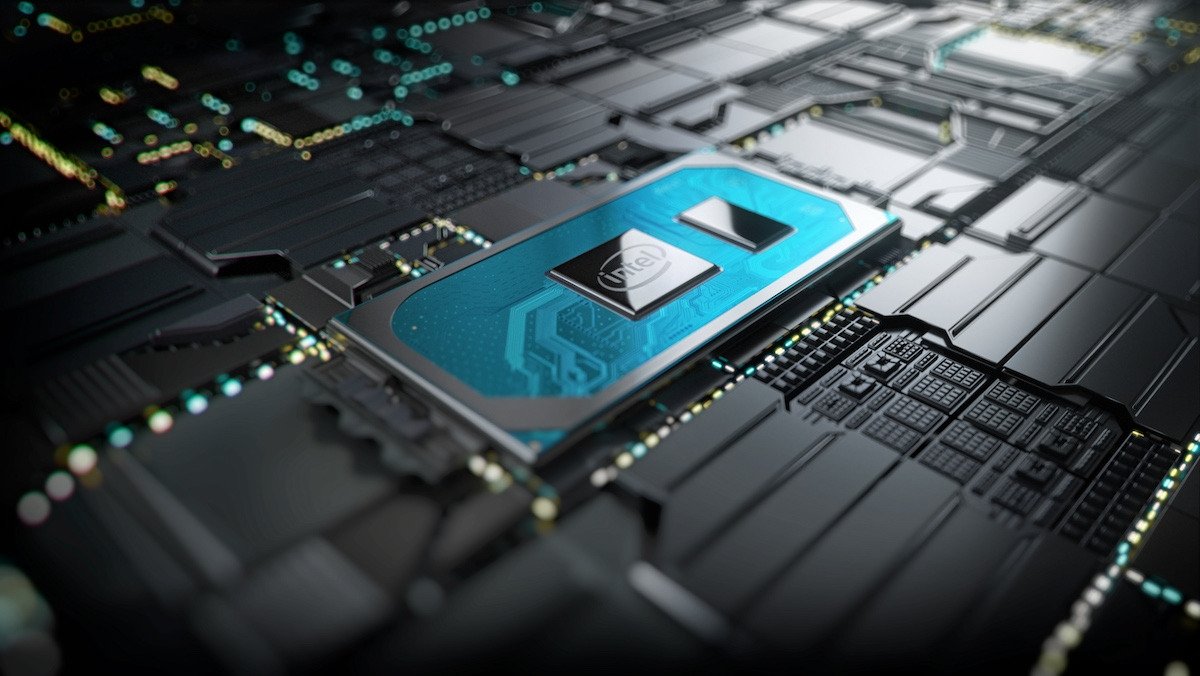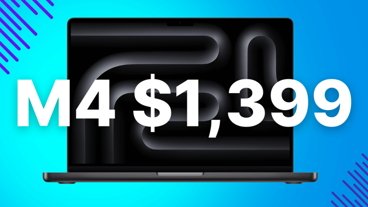The ongoing global chip shortage will trudge on for some time to come, according to Intel CEO Pat Gelsinger, with the major issues unlikely to see any real solutions for several years.
The semiconductor shortage, which is affecting chip production around the world, is a major issue for the hardware industry. While efforts are being made to try and fix the issue, Intel's CEO doubts it will be rectified anytime soon.
In a virtual Computex session, Gelsinger said the work-from-home trend prompted by COVID-19 has led to a "cycle of explosive growth in semiconductors," which has put a strain on global supplies, reports Reuters.
"But while the industry has taken steps to address near term constraints, it could still take a couple of years for the ecosystem to address shortages of foundry capacity, substrates, and components," he said.
In April, Gelsinger believed the shortage could take "a couple of years" to fix. At the time, he also said Intel was planning to alleviate some strain in the automotive sector by producing chips for cars within six to nine months.
Gelsinger also partially elaborated on Intel's $20 billion plan to expand production, including two factories in Arizona, and offering its services to companies like Apple for chip production. "We plan to expand to other locations in the U.S. and Europe, ensuring a sustainable and secure semiconductor supply chain for the world," the CEO mentioned.
The comments from the Intel CEO offer a pessimistic view on how long it will take for the shortage to be rectified. In April, it was thought that chip production won't ease off until 2022 or later.
The issue has already triggered hefty investment, aside from Intel. GlobalFoundries, the third-largest chip producer in the world, planned to use $1.4 billion to ramp up production, while Apple chip partner TSMC expects to pump $100 billion into expanding capacity over the next three years.
Follow all the details of WWDC 2021 with the comprehensive AppleInsider coverage of the whole week-long event from June 7 through June 11, including details of all the new launches and updates.
Stay on top of all Apple news right from your HomePod. Say, "Hey, Siri, play AppleInsider," and you'll get latest AppleInsider Podcast. Or ask your HomePod mini for "AppleInsider Daily" instead and you'll hear a fast update direct from our news team. And, if you're interested in Apple-centric home automation, say "Hey, Siri, play HomeKit Insider," and you'll be listening to our newest specialized podcast in moments.
 Malcolm Owen
Malcolm Owen







-m.jpg)






 Charles Martin
Charles Martin
 Christine McKee
Christine McKee


 Sponsored Content
Sponsored Content

 Amber Neely
Amber Neely










12 Comments
No way he believes that. Seems to me that he is publicly justifying why they are putting the resources into production like they are.
What stood out to me was Intel investing 20 billion and Global Foundries 1.4 Billion, while TSMC is investing 100 million.
U.S. sanctions on chipmaker SMIC hit at the very heart of China’s tech ambitions
https://www.cnbc.com/2020/09/28/us-sanctions-against-chipmaker-smic-hit-china-tech-ambitions.html